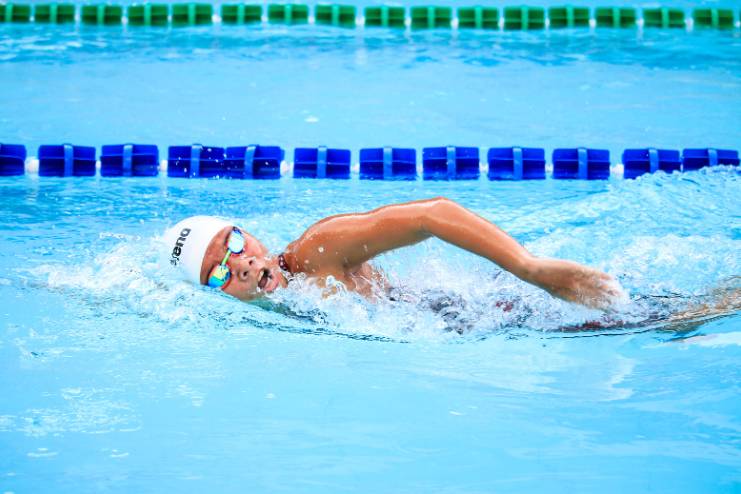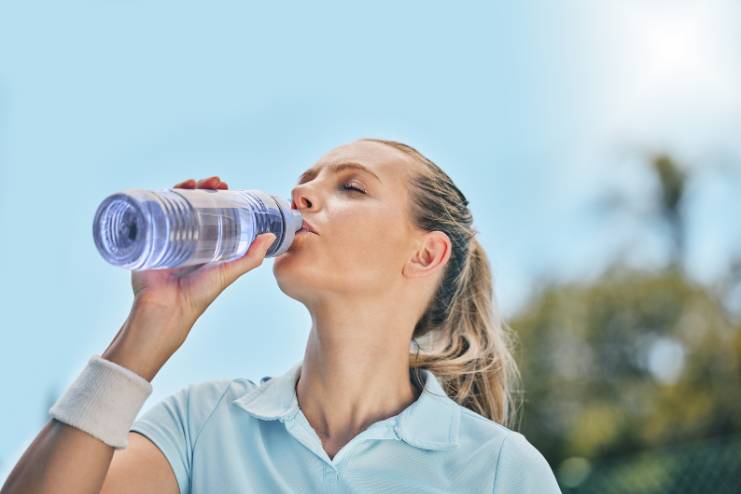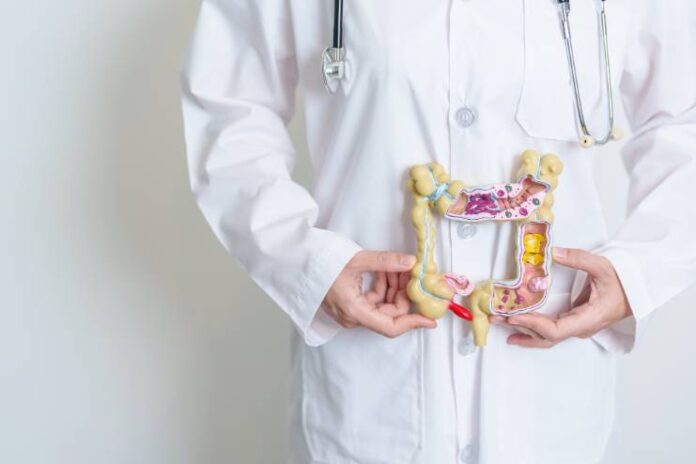Affiliate Disclaimer
Some links in this article are affiliate links. We may earn a small commission if you make a purchase through these links, at no extra cost to you. We only recommend products we find useful to our readersDiverticulitis is an inflammation of small pouches that form in the walls of the colon. It is usually associated with discomfort and digestive problems. There’s a common misperception that exercise can further irritate these symptoms. Some people believe that exercise can exacerbate abdominal pain or trigger flare-ups, but this is partially misleading. In fact, regular physical activity can be very good for people with diverticulitis. Exercise contributes to general health, supports regular bowel movements, and reduces stress. The key is to do exercises that don’t irritate the digestive system or cause high levels of intra-abdominal pressure.
Benefits of Exercise for Diverticulitis

Regular exercise has many benefits when managing diverticulitis.
- Improved Digestive Health: Exercise, especially vigorous activities such as running, can enhance bowel function and decrease intra-colonic pressure. This helps in reducing the risk of diverticulitis and complications like diverticular bleeding. Vigorous exercise stimulates bowel movements and may prevent bacterial stasis and toxin buildup, both of which are associated with diverticulitis.
- Weight Management: Regular exercise allows you to maintain a healthy weight, which is especially important for managing diverticulitis. Obesity and lack of regular exercise can exacerbate the complications related to diverticulitis.
- Reduced Inflammation: Physical activity can help lower systemic inflammation, which is beneficial for diverticulitis patients. Exercise modifies different hormones and immune functions that influence the control and reduction of inflammation in the body.
- Enhanced Mood and Overall Well-Being: Exercise contributes to better mental health and better management of stress. Lower levels of stress improve digestive issues.
Safe Exercise Options

Low-impact exercises are especially useful because they put less stress on the abdominal area and joints, making them ideal for people who suffer from diverticulitis.
Walking: This is a mild yet very effective form of exercise to get your blood pumping and your digestion going. A brisk walk will stimulate the bowels without putting too much pressure on the abdomen.
Swimming: This supports the movement of muscles without impacting the joints.
Cycling: Cycling offers cardio benefits and serves as a great exercise for leg muscles. It is low-impact and can be modified to suit individual comfort levels.
Yoga: This includes stretches and strengthening exercises that help enhance flexibility and relieve pressure from the abdomen. Certain positions, such as a child’s pose or cat-cow, can give relief from discomfort and improve digestion.
Water Aerobics: Similar to swimming, it provides low-impact exercise and builds muscle tone.
Importance of Listening to Your Body: Exercise should be stopped right away if it worsens your condition.
Gradual Increase in Exercise Intensity: Begin with low-intensity exercises and gradually increase.
Exercise Precautions for Diverticulitis

When managing diverticulitis, it’s essential to exercise with caution to avoid aggravating the symptoms or causing complications. Here are key precautions to consider:
Avoid High-Impact Activities: High-impact exercises, such as running or high-intensity interval training, can put undue stress on the abdominal area and further aggravate symptoms of diverticulitis. Do low-impact exercises like walking, swimming, or cycling, which help get your cardiovascular up without putting extra pressure on the abdomen.
Proper Hydration: Staying well-hydrated is crucial to your digestive health and overall well-being. Good hydration will help you have regular bowel movements and avoid complications such as constipation, which worsen diverticulitis symptoms. Keeping your body hydrated, especially during and after physical activities or exercise, will help you avoid dehydration and allow the digestive system to do its job.
Timing of Exercise: Exercises should be timed to avoid immediate post-meal periods. Wait at least 1-2 hours after a meal before exercising so that the meal is digested properly and chances of gastrointestinal distress are reduced.
Consulting with a Healthcare Provider: If you have diverticulitis, consult a healthcare professional before initiating or doing any new exercise.
Creating an Exercise Routine

Establishing a well-rounded exercise routine is crucial for managing diverticulitis and improving overall health. Here’s how to create a balanced plan:
Sample Workout Plans: Start with an overall combination of low-impact activities that develop endurance without putting pressure on the abdomen. As an example, you can plan for brisk walking of 30 minutes most days of the week. Add two sessions of swimming or water aerobics and one cycling session. Supplement this with yoga sessions, twice a week. Aim for at least 150 minutes of moderate aerobic physical activity per week.
Incorporate Strength Training: Add strength training to maintain overall fitness levels, prevent loss of muscle mass, and support weight management. Do some body-weight exercises that include squats, lunges, and light resistance band workouts that work on strengthening the upper body with little or no direct pressure on the abdomen.
Importance of Consistency: One of the most basic rules of exercise is consistency. Lasting results are seen with consistent action. Make a workout schedule with attainable goals so that you will stay on track.
Track Progress: Observe your exercise routine and its benefits to your health. Log the workouts and note changes in symptoms or your fitness levels. Use fitness apps or journals that record wins or success milestones.
Conclusion
Incorporating regular physical activity into your routine can offer significant benefits for managing diverticulitis and enhancing overall health. Exercise can improve digestive health, assist with weight management, reduce inflammation, and boost mood. Choosing low-impact exercises such as walking, swimming, and yoga can help avoid aggravating the symptoms, while strength training supports muscle health and stability. It’s crucial to listen to your body and avoid high-impact activities that could trigger discomfort.
Consulting with a healthcare provider before starting any new exercise regimen is essential to ensure that your plan is safe and tailored to your specific needs.
In this Article




















